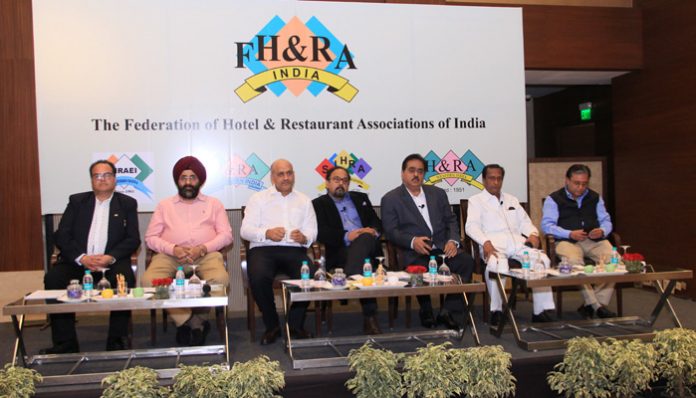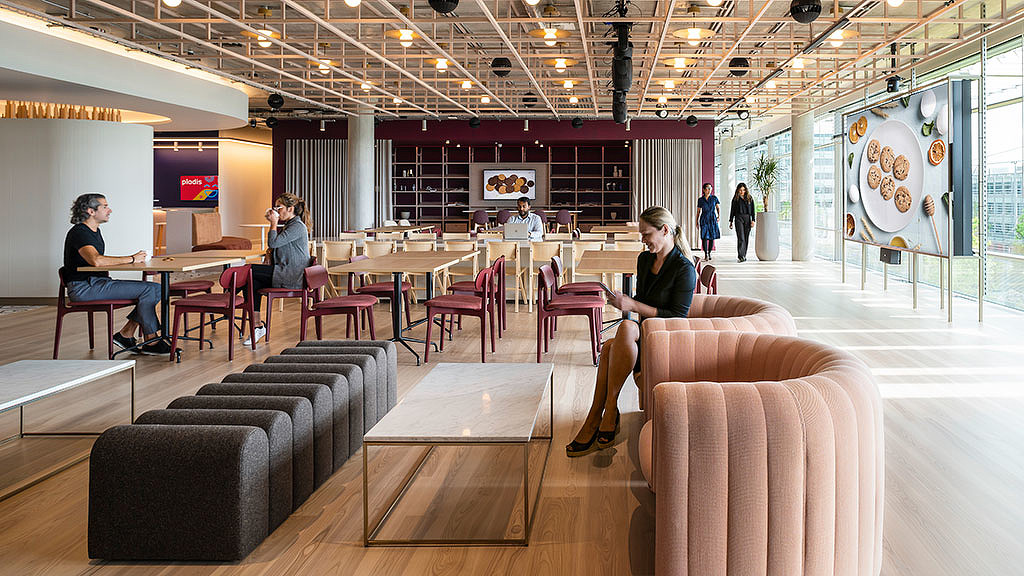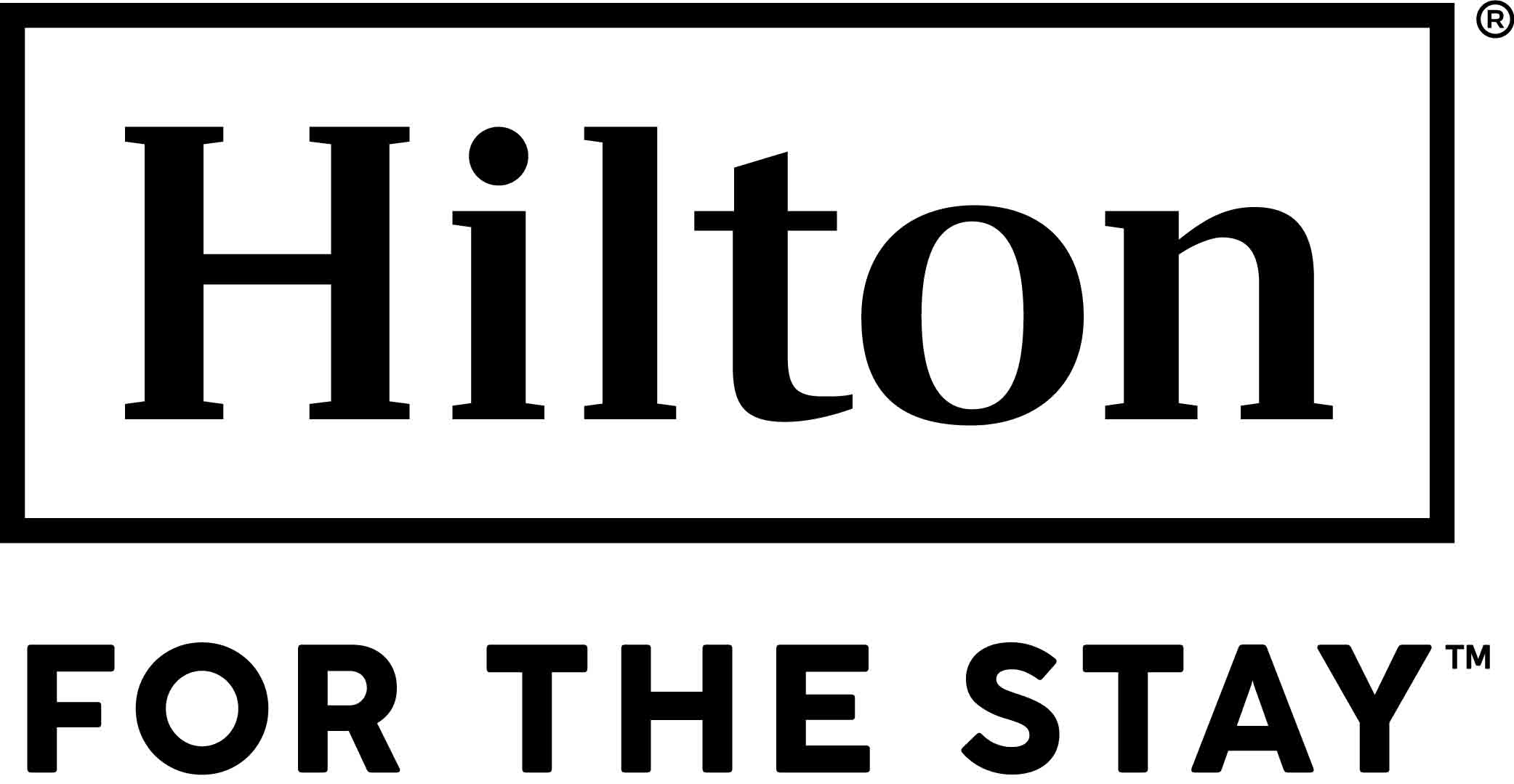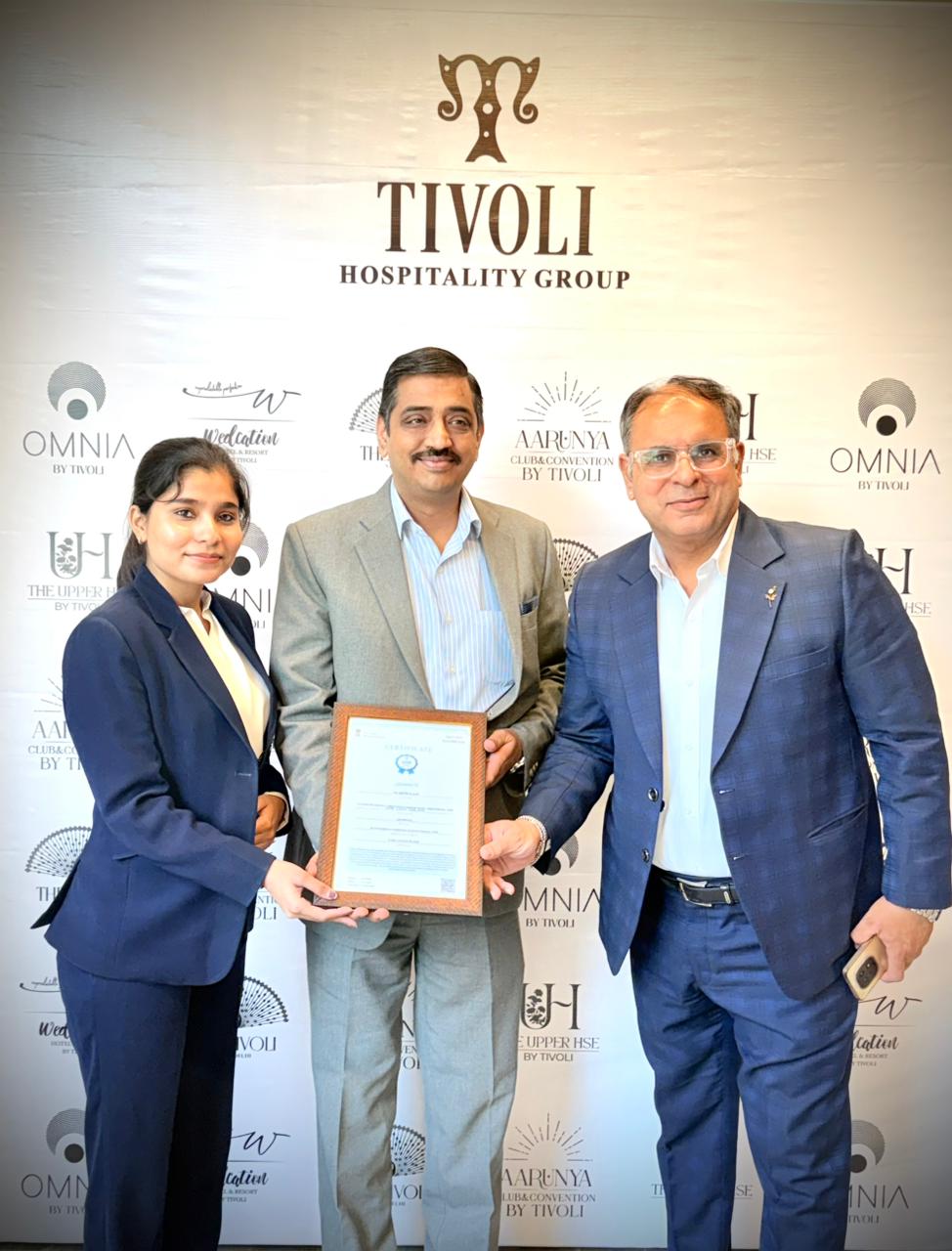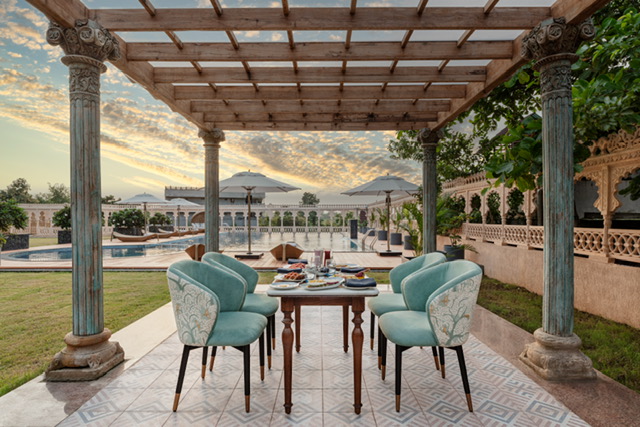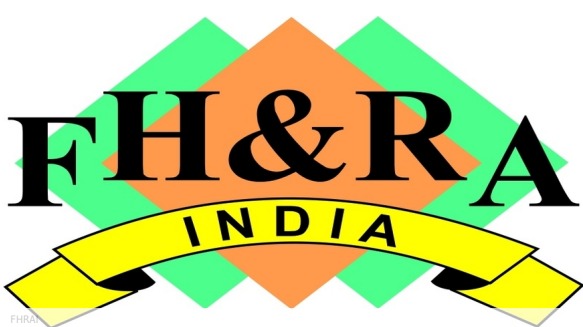The Federation of Hotel and Restaurant Associations of India (FHRAI) is exploring legal remedies with regard to the Supreme Court order that banned the sale of liquor from April 1, 2017, at hotels and restaurants that fell within 500 metres of national and state highways.
The liquor ban raised many a concern among hoteliers and restaurateurs when, on March 31, 2017, the Supreme Court passed a decree that the original judgement of December 15, 2016, was to include hotels and restaurants too.
The ban on highways has already affected at least 1,000 star hotels in Maharashtra including the VIP Lounge at the Mumbai domestic airport. The state is expected to lose an estimated annual revenue of `7,000 crore.
Almost nine million tourists visit India every year, resulting in almost 27 million foreign visitations across Indian states. These, along with 1.8 billion domestic visitors frequent a significant portion of these ‘establishments’ as guests. All of this will be put to risk if the overall food and beverage experience is compromised at such legitimate establishments, which pay direct and indirect taxes, and levies to both the central and state governments. After decades of independence, India, despite its geographic and cultural heritage has only 0.67 per cent of the tourism market share of the world, now set to reduce drastically.
Dilip Datwani
Vice President
FHRAI
Right now, our industry is hit very badly. The judgement that came out on March 31, was a shock to us because we thought we were never in the picture and it was only the liquor shops and vendors to which this was applicable. However, some mention was made to us. We have been advised to go for a review petition, which we are contemplating. The way forward looks bleak, but we are hoping the government will take a proactive measure because this involves huge loss of revenue to the tourism as well as MICE sector. Additionally, it is not clear what will happen to banquet bookings that have been made by people as much as six months in advance. Hoteliers have taken all legal permissions from the government, applied for loans on that basis, and invested significant sums in infrastructure, but are today facing such a dire situation for no fault of their own. There will be an estimated `200,000 crore loss nationwide and closure of more than one lakh establishments. We would not have minded sacrificing if the ban were to yield results. One must also take into consideration that such a ban portrays a negative image of the country to tourists who are wanting to visit. We are looking at the option of a review petition.
Garish Oberoi
Vice President
FHRAI
We were taken aback by the order that came out on March 31. Earlier, we thought we were not a part of this; it was only the vendors of alcohol that this pertained to. It was only after the order came out that it became known to us that the hospitality industry had been included. This will have a far reaching affect. We have met the tourism minister, are meeting state governments, and are approaching courts to look into our issue because we were never a part of the initial order. As I understand from my lawyer, there is only one curative petition that is left; we are planning to approach the court with that. One must also take into consideration that it is not just direct employment but also indirect employment, which is twice the size of the former, that is going to be impacted. MICE business is also going to be affected. As I remember, when liquor got banned in Kerala, all the business got shifted to Sri Lanka and Thailand. This ban is now pan-India. Foreign visitors are going to think twice before coming to the country, unsure of whether or not we will be able to host them.
T.S. Walia
Vice President
FHRAI
We honour the Supreme Court’s judgement, but are also seeking legal remedies with regards the course of action that must be followed and how the hospitality and tourism industry must be protected. Not only are both industries going to suffer huge losses, but the country itself is going to suffer terribly. We are looking at a `200,000 crore loss of revenue. The MICE industry will also be badly hit because events like marriages and conventions are mostly accompanied by alcohol where people unwind themselves.
S.M. Shervani
EC Member
FHRAI
The liquor ban has caught the industry by surprise because as per the judgment of December 15, 2016, we did not think it was applicable to us. However, when our members started getting notices and were being told that after March 31, 2017, their licences were not to be renewed, it raised a lot of concern in the industry. The judgement has affected those establishments that operated legally, were not takeaway vends, and served alcohol for consumption on the premises itself. Many entrepreneurs who have taken loans will be placed at a disadvantage.
We went to the court to seek clarification and felt that the prime concern was drunken driving and how road accidents could be prevented. We need to debate the same with the Supreme Court, keeping in mind that concerns expressed do not affect businesses that are not impacted. If we do not approach the Supreme Court, there will be a huge loss of employment and revenue for both citizens and the government.
Sudesh Poddar
EC Member
FHRAI
This liquor ban on hotels and restaurants is not going to curb drunken driving. Guests staying at hotels work the entire day and at the end of the day, want to either unwind in their room or at the hotel’s bar. They would want a bottle of beer or a glass of wine. Is this something that has been considered? The answer is, no. A lot of these establishments with significantly reduced business will end up with distressed financial assets, leading to a large scale NPA situation for our banking and financial system and may severely impact the investment climate in tourism, hospitality, and the overall business environment in India.
An application filed by K. Balu, an advocate at the Madras High Court, stated that somewhere in Tamil Nadu, there is a stretch of one and a half kilometres where there are close to 67 liquor shops. A PIL (Public Interest Litigation) had been filed, requesting that their licences be cancelled or withdrawn. Later, another NGO, Safe Society of Chandigarh, filed another PIL and the December 15 judgment arose out of that. In that judgment, there was no mention of hotels or restaurants. Thereafter, a number of states issued notices to hotels and restaurants and that is when we went to the court to seek clarification. The court stated that hotels and restaurants were also included in the judgement.
We are considering our options and taking opinion from the legal experts of the country. Within a very short time, we will have a board meeting and arrive at a decision. The tourism industry has not done very well over the last few years. With this liquor ban on the highway, all hotels and restaurants along the highway are shutting down, further impacting the tourism in the country, negatively.
Sanjay Sood
EC Member
FHRAI
FHRAI is trying to take a stand for its members who have got into the tangle of this liquor ban, something that I believe was intended for liquor vends and not hotels. We are somehow trying to wiggle out of the situation. We see a huge concern over liquor bootlegging and the resultant social evil of a black market economy and a corruption-driven parallel economy that state governments are trying so hard to battle and weed out of our system. We are seeking guidance from legal teams and moving ahead. This is going to have a major impact on the tourism industry. For example, in Mussoorie, there are a couple of hotels that have been impacted on the highway, and the foreign tourists staying there have cancelled their bookings. This is based on reports that I have taken from them. The wedding business is also going to take a massive hit as most of the banquets are located along highways.


